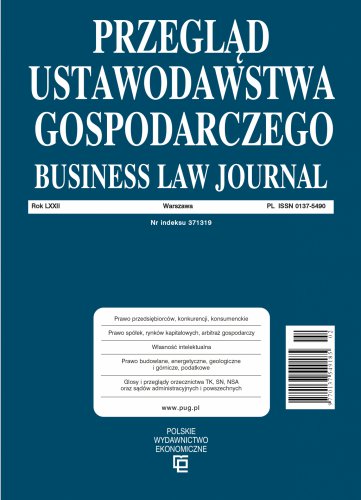Since 2016 the Bank Guarantee Fund (BGF), as a special resolution regime authority, may impose financial penalties on members of certain financial institution authorities (including banks, credit unions) who fail to comply with reporting and information obligations related to this restructuring. The Act on BGF specifies the conditions for imposing and the maximum amount of financial penalties, as well as the directives for measuring the amount of fines and allocating the proceeds from the fines paid. In the remaining scope, relating to the limitation period of penalties, the calculation of interest on outstanding penalties and the application of exemptions of their payment, the universal regulations of the Code of Administrative Procedure on administrative fines shall apply. The study shows that the financial penalties imposed by the BGF are an important repressive and preventive legal measure that strengthens the position of BGF when using legal instruments of special resolution regime. A financial penalty may also perform a restitution function, as its application should lead to the performance by the punished person of the reporting and information obligations necessary for the proper conduct of restructuring processes. In conclusion, it was assessed that the financial penalties imposed by the BGF are of a specific nature determined by many factors, including the status and tasks of the BGF, the purposes of applying these fines, and the influence of members of the authorities on the functioning of financial institutions subject to special resolution regime. The effect of properly conducted special resolution regime should not only prevent the bankruptcy of a specific financial institution, but also improve the situation on the financial market in general.
Keywords: financial market; special resolution regime; financial penalty; member of a financial institution authority; Bank Guarantee Fund

